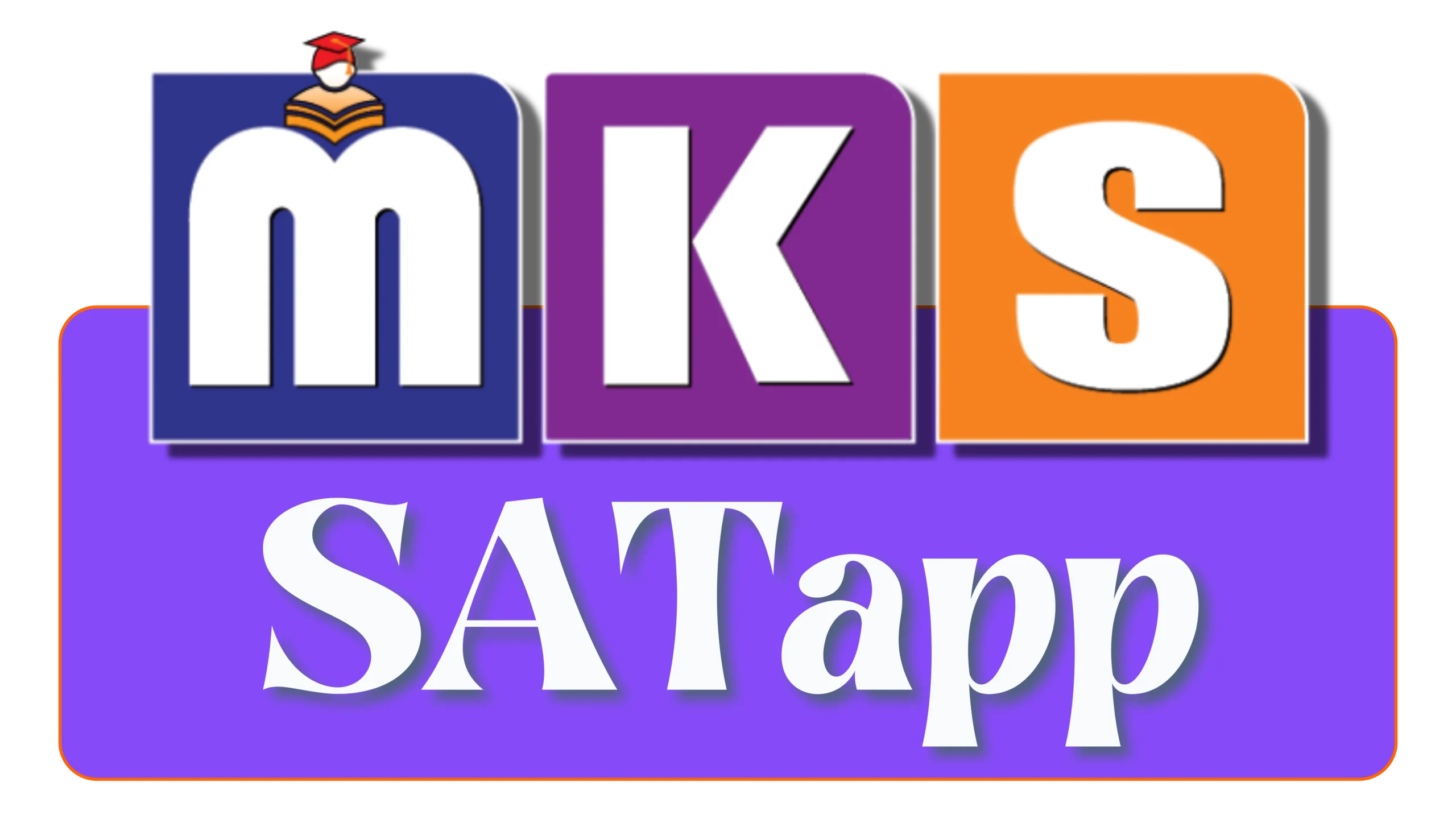Digital SAT A-to-Z Vocabulary Guide
Building a strong vocabulary is essential for excelling in the Digital SAT Reading & Writing (R&W) section. This guide lists key vocabulary words alphabetically to help you enhance your word knowledge. These words are commonly tested or useful for interpreting SAT questions and passages effectively.
A
- Adhere: Stick firmly to a surface or belief.
- Adversity: Difficulties or misfortune.
- Aesthetic: Concerned with beauty or artistic impact.
- Ambiguous: Open to more than one interpretation.
- Amiable: Friendly and pleasant.
- Antagonize: To provoke hostility or opposition.
- Archaic: Very old or outdated.
B
- Benevolent: Well-meaning and kindly.
- Bolster: To support or strengthen.
- Brevity: Concise and exact use of words.
C
- Candor: The quality of being open and honest.
- Coherent: Logical and consistent.
- Conjecture: An opinion formed on incomplete information.
- Cursory: Hasty and therefore not thorough.
D
- Debilitate: To weaken or enfeeble.
- Delineate: To describe or outline precisely.
- Devoid: Lacking something.
- Disparity: A great difference.
E
- Eloquent: Fluent or persuasive in speaking or writing.
- Empirical: Based on observation or experience rather than theory.
- Ephemeral: Lasting for a very short time.
- Erratic: Unpredictable or inconsistent.
F
- Facilitate: To make an action or process easier.
- Frugal: Economical with money or resources.
G
- Garrulous: Excessively talkative.
- Gregarious: Sociable and outgoing.
H
- Heinous: Shockingly wicked or evil.
- Hypothetical: Based on a suggested idea or theory.
I
- Impartial: Treating all sides equally.
- Incessant: Continuing without interruption.
- Indifferent: Having no particular interest or sympathy.
- Innovate: To introduce new ideas or methods.
J
- Juxtapose: To place side by side for comparison.
K
- Keen: Highly developed; sharp or enthusiastic.
L
- Lucid: Clear and easy to understand.
- Lethargic: Lacking energy or enthusiasm.
M
- Magnanimous: Generous or forgiving.
- Meticulous: Showing great attention to detail.
- Mundane: Lacking interest; ordinary.
N
- Notorious: Famous for something bad.
- Nuance: A subtle difference in meaning or expression.
O
- Obstinate: Stubbornly refusing to change.
- Ominous: Giving the impression that something bad is about to happen.
P
- Paradox: A self-contradictory statement that may be true.
- Persevere: To continue despite difficulty.
- Prolific: Producing much output or results.
Q
- Quintessential: Representing the most perfect example of something.
R
- Rational: Based on reason or logic.
- Resilient: Able to recover quickly from difficulties.
- Revere: To feel deep respect or admiration.
S
- Scrutinize: To examine closely and thoroughly.
- Skeptical: Not easily convinced; having doubts.
- Substantiate: To provide evidence to support a claim.
T
- Tangible: Perceptible by touch; real and substantial.
- Tenacious: Persistent and determined.
- Trivial: Of little importance.
U
- Ubiquitous: Present or appearing everywhere.
- Unprecedented: Never done or known before.
V
- Venerate: To regard with great respect.
- Viable: Capable of working successfully.
W
- Wary: Cautious about possible dangers.
- Whimsical: Playfully quaint or fanciful.
Z
- Zealous: Passionately devoted to a cause or goal.
- Zenith: The highest point or peak.
How to Use This Vocabulary List
- Flashcards: Create digital or physical flashcards with the word on one side and its definition on the other.
- Contextual Practice: Use these words in sentences to understand their usage.
- Quizzes: Regularly test yourself to reinforce retention.
- Reading Practice: Identify these words in SAT reading passages to learn their contextual application.
By mastering these words and their meanings, you’ll significantly improve your ability to tackle vocabulary-based questions on the Digital SAT and better understand complex reading passages.
Let me know if you’d like practice exercises or additional resources!

